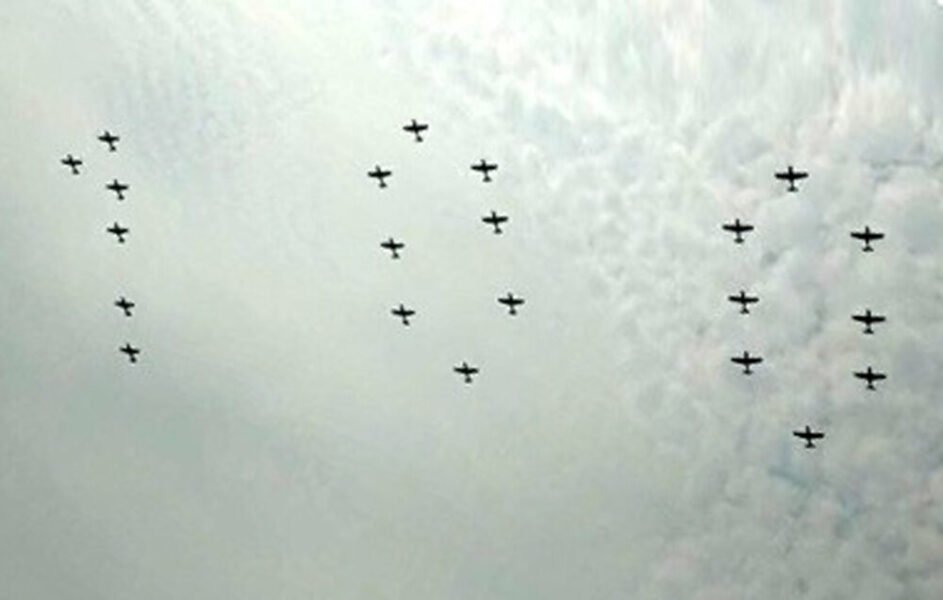Bangladeshis witnessed for first time what is called a dogfight in military terms, while chaos ensued at UN Security Council meeting on this day in 1971
Ali Asif Shawon: “What a surprise. There are people on the roofs of almost every house. Everyone is watching the aircraft,” Shaheed Janani Jahanara Imam wrote in her book “Ekattorer Dinguli” to narrate the scenes in Dhaka on December 4, 1971.
It was a Saturday, the day the people of Bangladesh witnessed for the first time what is called a dogfight in military terms – close combat between military aircraft.
Indian diplomat Jyotindra Nath Dixit, who was director of the East Pakistan crisis management special unit during 1971, wrote in his book “Liberation and Beyond: Indo-Bangladesh relations” that on the morning of December 4, the troops of India’s eastern and western commands began a full-scale war against Pakistan. The Indian Navy and Air Force had been ordered to launch an immediate attack and disrupt Pakistani ship and air traffic, he said.
Then Indian chief of air staff, Air Chief Marshal Pratap Chandra Lal, narrated in his book “My Years with the IAF”: “On the night of December 3, our boys attacked with bombs the Tejgaon and Chittagong bases. The next day, on December 4, our fighter planes attacked the Tejgaon and Kurmitola air bases.
“At first, we attacked the Pakistan Air Force and then dealt fatal damage on the runway so that their planes could not fly. Indeed, we took full control of the air space and helped our army march forward.”
The Indian Navy had also launched an attack on this day in 1971, sinking four Pakistani vessels near the port city of Karachi.
Called Operation Trident, the raid also resulted in the death of 33 Pakistani sailors.
The same day, Pakistan president Yahya Khan addressed the nation via radio. He declared war against India, stating that Pakistan had tolerated it for long enough.
“The time has come to strike back at the enemy. The Pakistan Army will not only drive Indian forces out of Pakistani soil, but also hurt them within their own boundary,” Khan announced, ordering the army to enter neighbouring India.
This followed the US call for an emergency meeting of the UN Security Council and sponsoring a draft resolution calling for a ceasefire.
The Soviet Union vetoed the US resolution, preventing the ceasefire.
Meanwhile, China pledged its support to Pakistan at the UNSC meeting.

